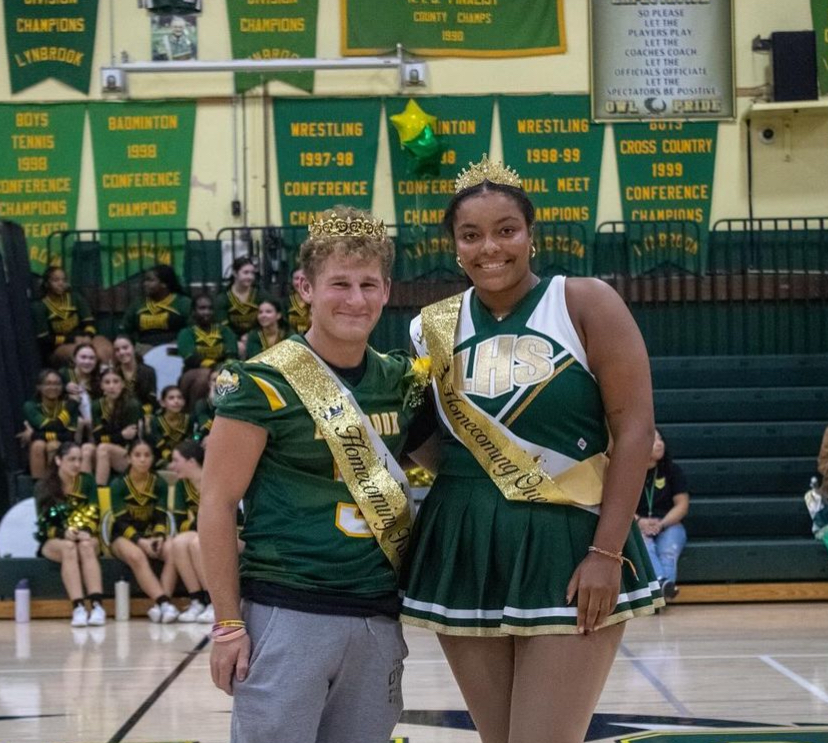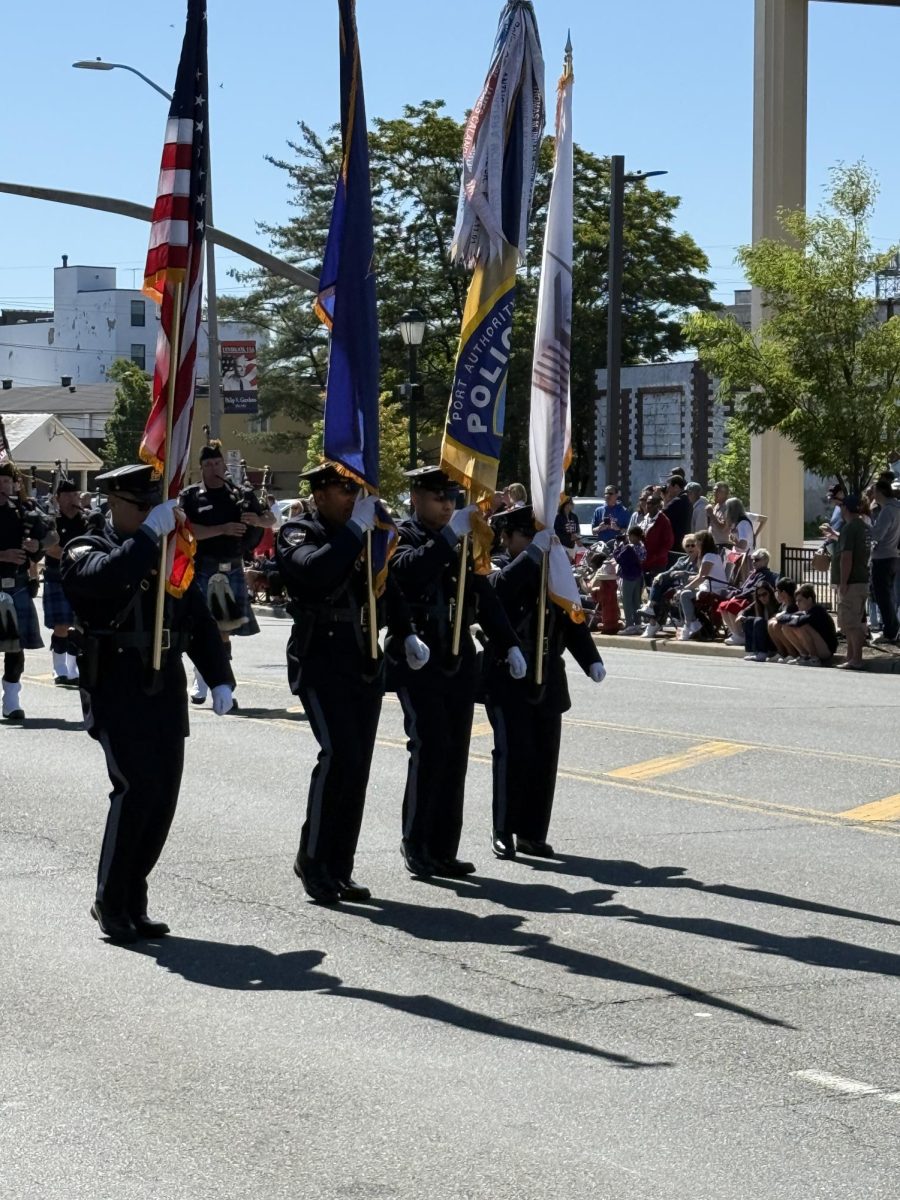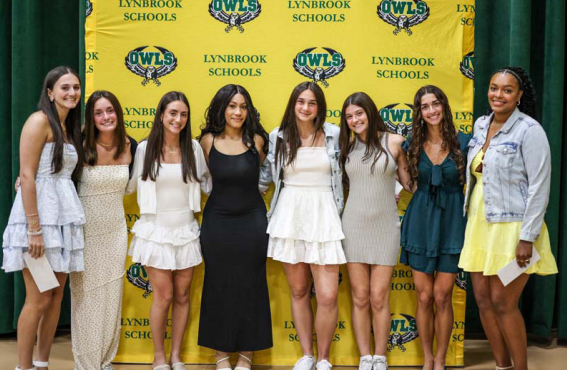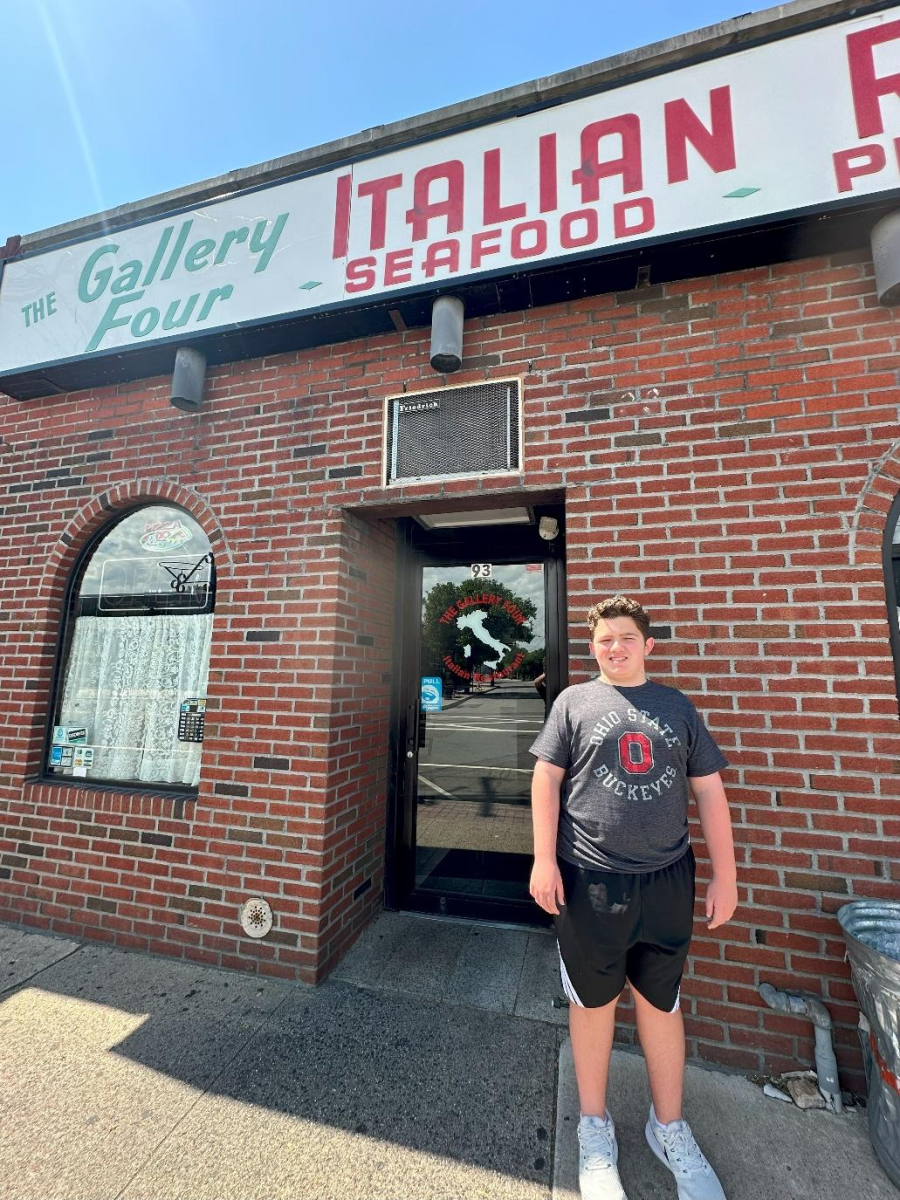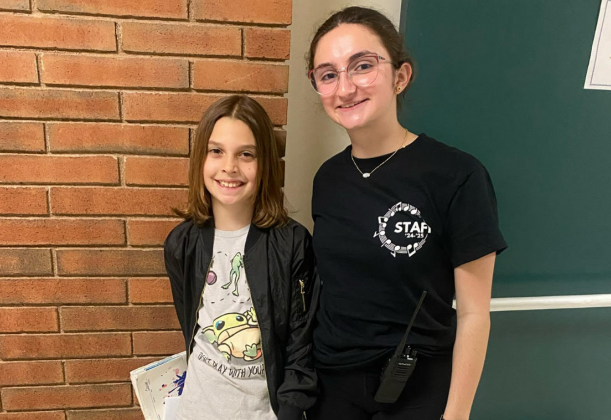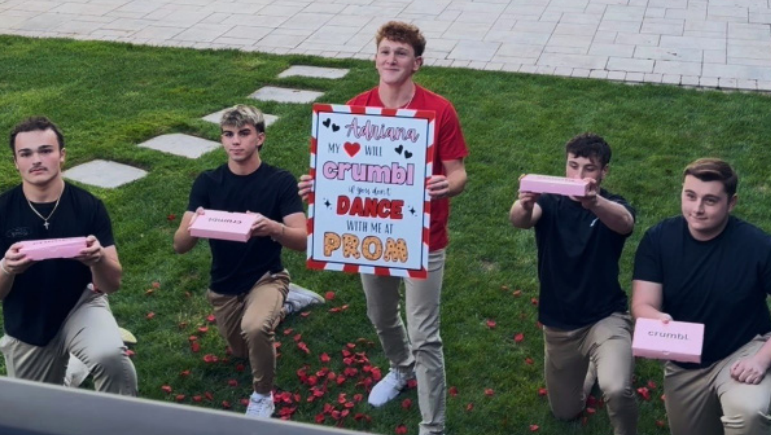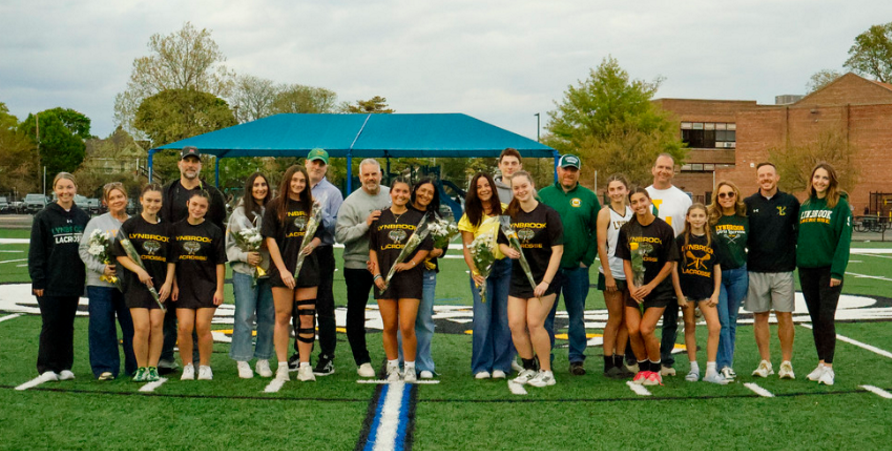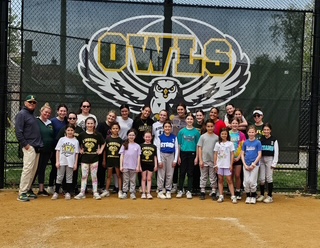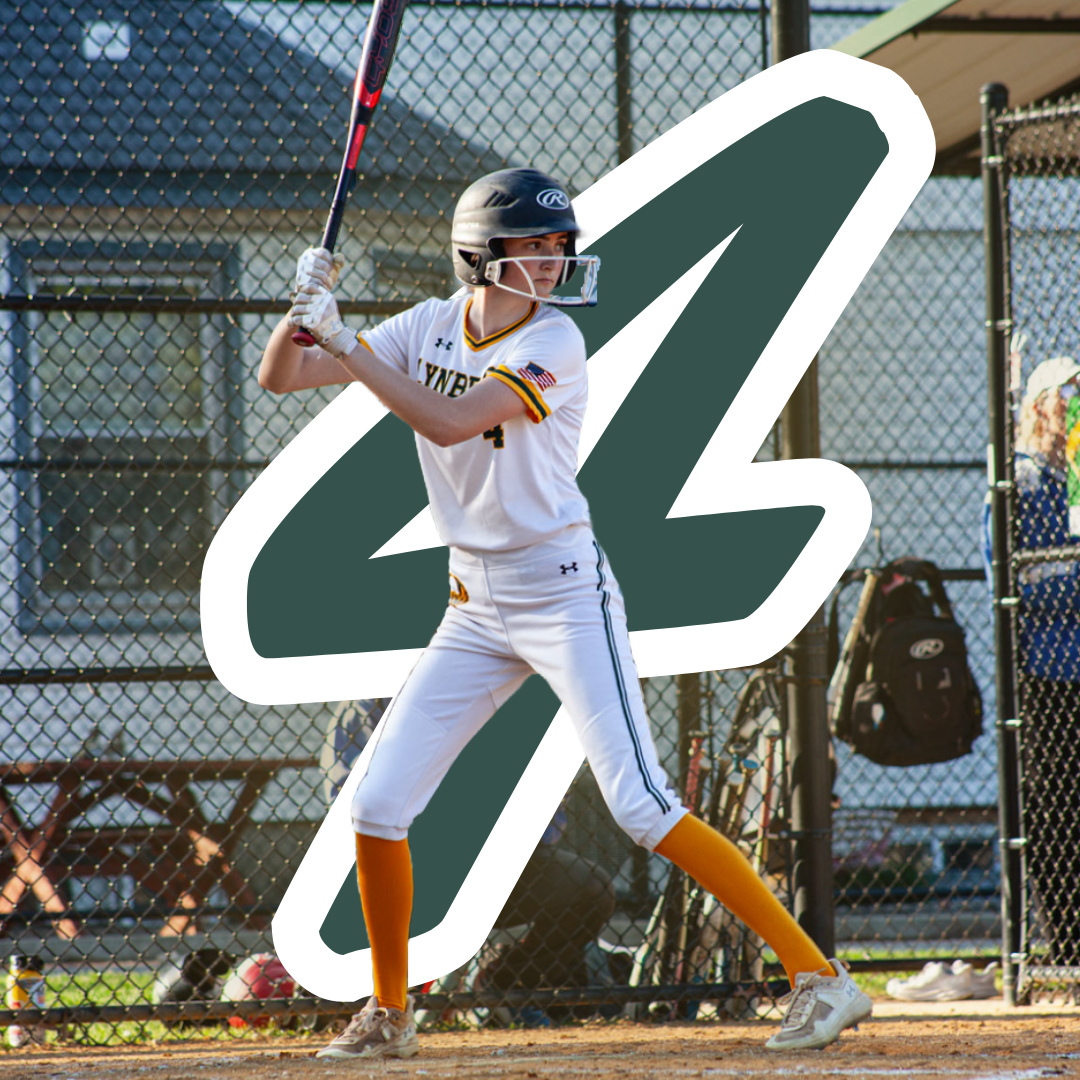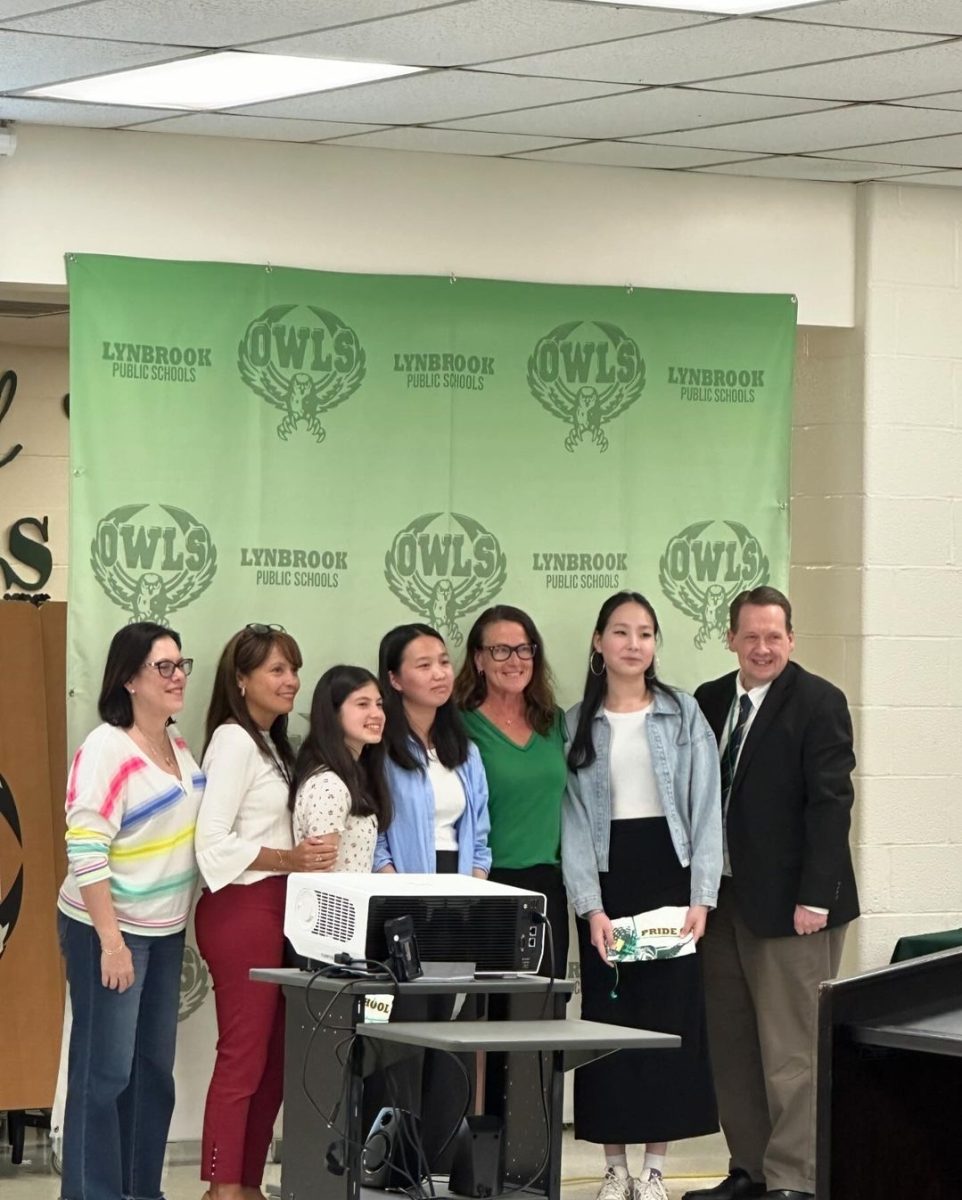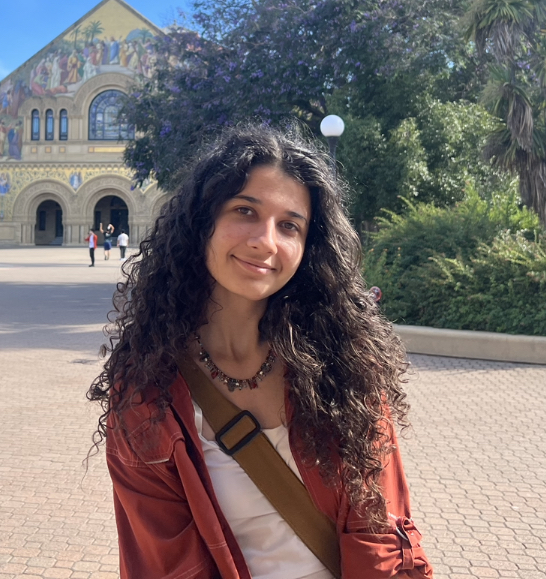What is it like to enter the domain of an entirely new world? New sights and sounds surround you, but perhaps the most daunting part of a new journey is communication. When sisters sophomore Danaia Omuralieva and freshman Aruuke Omuralieva arrived in the United States in the late summer of 2023 from Kyrgyzstan (the shortest flight from New York to Bishkek, the country’s capital, is a whopping 16 hours), they experienced the very wonders of being submerged into an entirely new country, away from what they had previously known. Before arriving in the United States, both sisters had made efforts to learn English. “When I was in Kyrgyzstan, I wanted to learn English by myself because it was very expensive to take lessons with a tutor or teacher,” Danaia explained. “I found some apps where you can practice English with people around the world; it wasn’t a safe experience because there are a lot of different people with different ages…some of them were very weird and asked way too personal questions,” she continued. Danaia recalled an encounter she had with a boy she had assumed was a teenager. Excited to finally practice with someone over the phone one day, after hearing his voice, she realized that he was around thirty years old. Danaia saw many posts on social media sharing similar anecdotes, and though this made her feel less alone, she knew that it was not safe to continue practicing English with this method.
“When I came to the United States, I talked with my friends [from] Kazakhstan and Kyrgyzstan, and they said, ‘I have TOEFL and IELTS exams soon, and my speaking–it’s not good–and I’m so afraid for these tests.’ And I said, ‘Oh, I have friends from the United States, maybe they can help you,’” Danaia shared. TOEFL (Test of English as a Foreign Language) and IELTS (International English Language Testing System) are exams administered to international students who hope to study or work in an English-speaking university. Danaia asked freshman Juanita Martinez to practice speaking English with Danaia’s friends, which proved to be extremely effective. Danaia initially created an Instagram account, which helped her friends reach the program she had established far easier, and permitted better modes of sharing the project. “My friends started to share with their friends, and then they started to share with other people,” she explained.
Aruuke also wanted to learn English, as did her friends. “They found [the program] to be extremely helpful,” Aruuke remembered. “They have a lot of tests and they need to practice, and they said to me, ‘If you have friends in the United States, can you give me their phone number? Then we’ll talk, and maybe we can be friends,’ And I said yes. Then Danaia said she had the idea to open this program, and I said I would support her,” Aruuke explained. Aruuke then shared the program with her friends, which helped to garner more notoriety. “Aruuke has a lot of friends,” Danaia laughed.
After making an Instagram account (which can be found @letstalkfreeenglish), Danaia also made a website, allowing her to further organize calendars, surveys, and helpful resources that could potentially help volunteers and participants alike. She decided on the name “Let’s Talk!” for the program. When asked how many people were involved in the project, either as volunteers or learners, Danaia opened up her phone and began flipping through a long list of contacts. It was not until she reached the end that I realized that was the list. There were 114 names so far, she explained.
“So, first people go to our Instagram; there, you can see the schedule, like this one,” Danaia instructed as she pointed to a weekly calendar with typed out names, indicating that these are volunteers who have signed up to speak with participants. “They see it, and they can choose a time and the person that they want to practice with. Then, they go to the website, and click ‘Learn English Now,’” she furthered. Danaia then receives a notification that someone has signed up, either as a volunteer or a learner. “Then, I text the volunteers and ask if they are free at a certain time. Maybe one hour before the lesson, I try to remind them,” she explained. Danaia does this all on her own.
English as a New Language (ENL) and English teacher Karen Smith remarked how impressed she was by Danaia, Aruuke, and all of the other ENL students who had either started to volunteer or to learn English through the program. She knew that Danaia had been interested in starting the program and had heard of her troubles with learning English for free back in Kyrgyzstan. “[Danaia] said, ‘I have this idea that I’d like to help students in Kyrgyzstan and other areas of the world,’ and I said, ‘Oh, what a beautiful idea; I love this idea,’ and in my mind, I was thinking that maybe next year sometime we’d revisit this,” explained Smith. “So then, [holiday recess] was over, and after, [Danaia] came and she said, ‘Okay, I did it. I created the program; we have an Instagram page and a website, and I have volunteers.’ I was absolutely amazed, and I continue to be amazed and impressed by her and the other students who are involved in this project,” Smith reflected.
After working with ENL students for many years, Smith understands the difficulties they can have when trying to learn English. A complicated language, English stands alone in the scheme of widely accessible tongues; it may be spoken ubiquitously, but for those who have no connection to it, it can be very difficult to know. “I find myself apologizing all the time when we talk about pronunciation and spelling. Put a word like ‘laugh’ on the board, and anyone who’s not familiar with that word who’s coming from a different country will try to sound it out,” Smith mused. “It’s just bizarre because in so many other languages, you see the vowel has one sound; [in English,] there are many rules and many exceptions to the rules…English is a very tricky language for sure,” she furthered.
Despite the trickiness, students continue to persevere, making connections across the world with their peers. Smith recalled a similar experience when studying in Venezuela for half a year in college and remarked on how difficult the experience was. “I really admire students who are willing to [learn English]. I’ve seen many students over the course of my career in a similar situation who don’t do that, and so to see people like this that are willing to not only push themselves but help others is incredible,” Smith marveled.
Danaia, Aruuke, and other ENL students and volunteers are delighted to see that more and more learners are joining the program, but they would like to have more volunteers from the U.S. who could help students practice. “I hope to find more volunteers because we have a lot of people from various countries, and not a lot of volunteers,” Danaia commented. Regardless, from the Lynbrook community to the wide world beyond, connections have been made through “Let’s Talk.” Smith had a moment of pride when Danaia and Aruuke presented the program at a Board of Education meeting: “I have been to many board meetings, but I’ve never seen the response and reaction that I saw that night from the board. They were just blown away and incredibly impressed, and then at the end, we walked out of the front door of the school, and all of the kindergarten teachers were at the meeting, and they stopped speaking, and they all started to applaud. And they all said ‘We’re fans! We signed up on Instagram!’…[Danaia and Aruuke are] doing really important work.”

